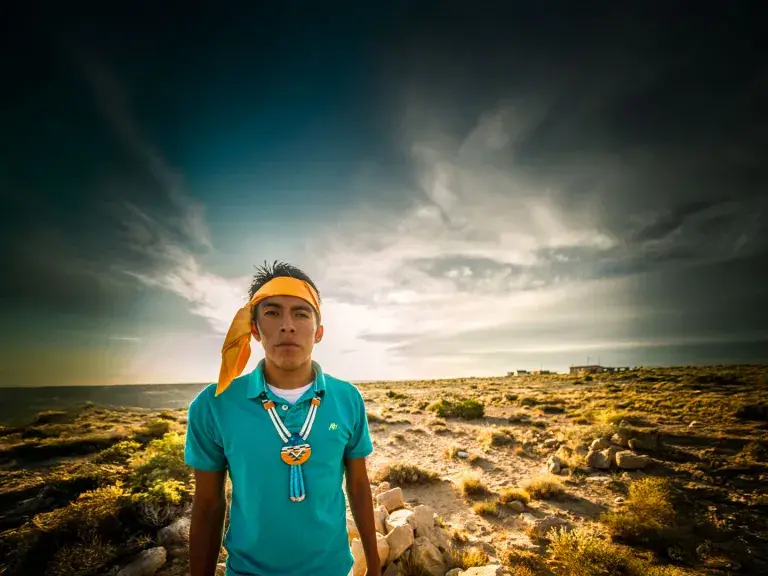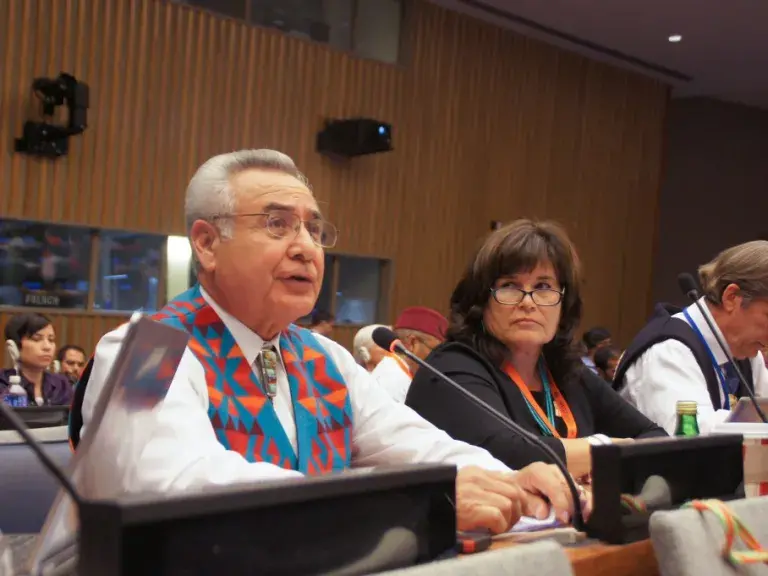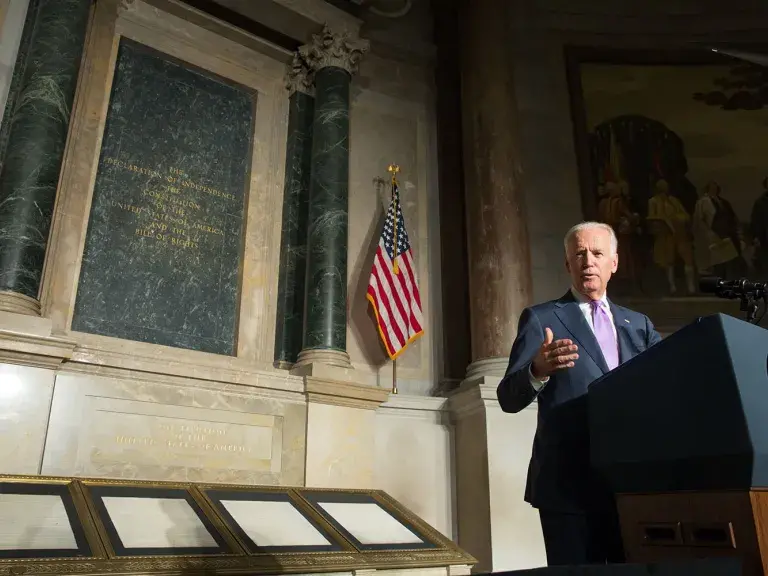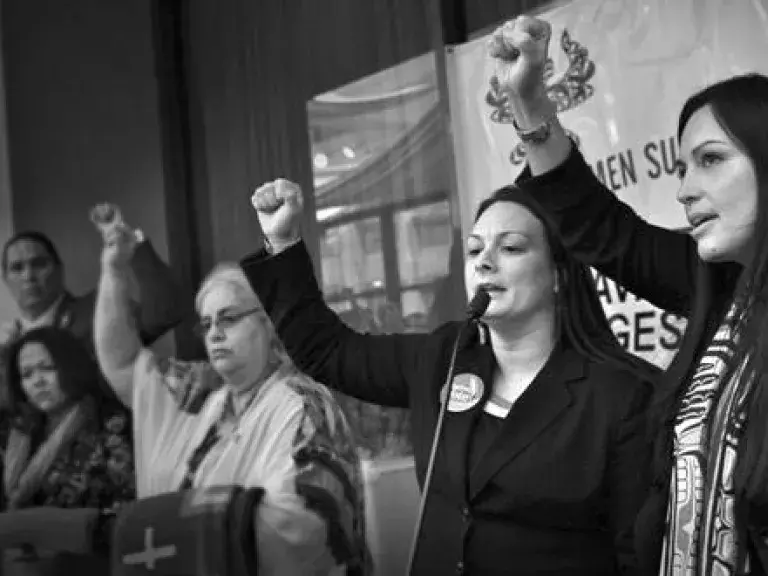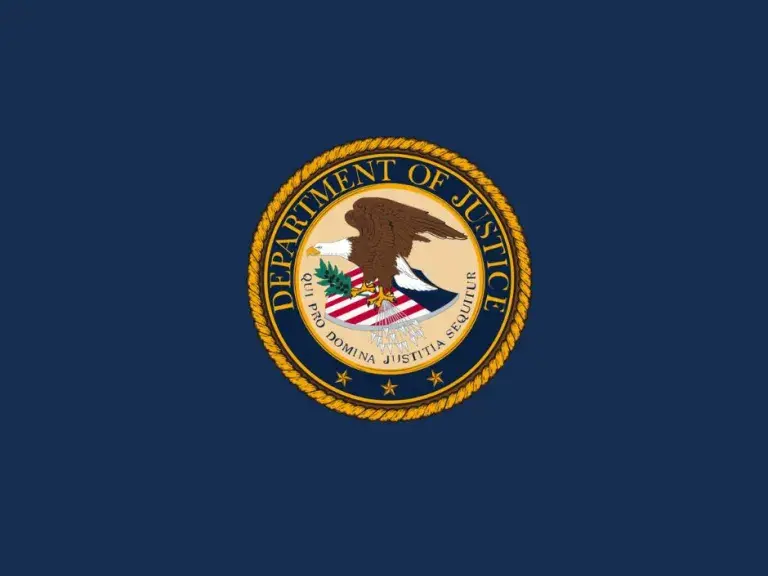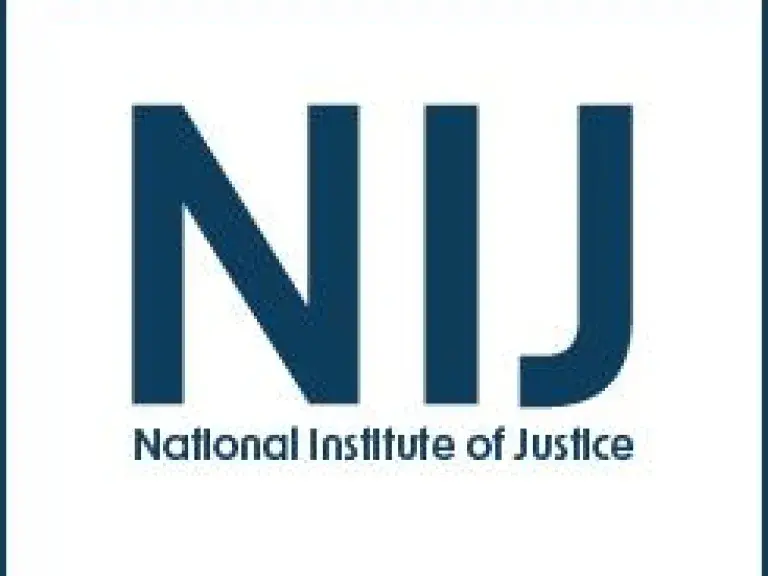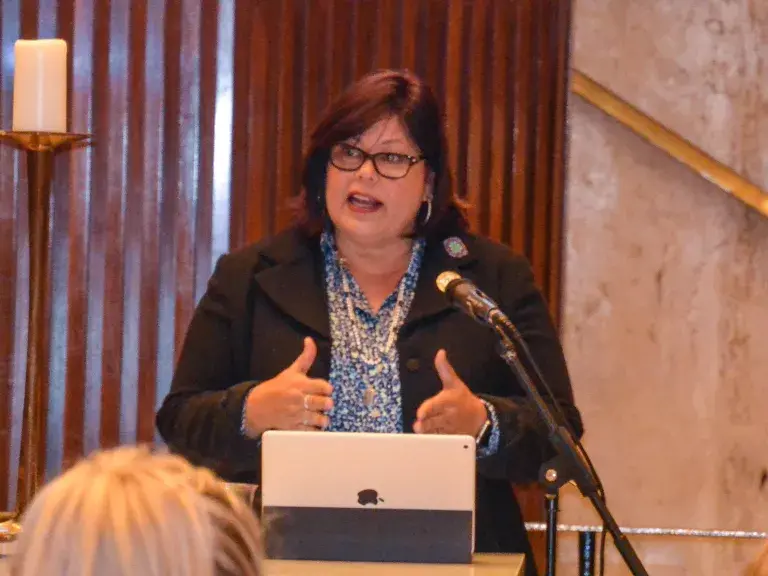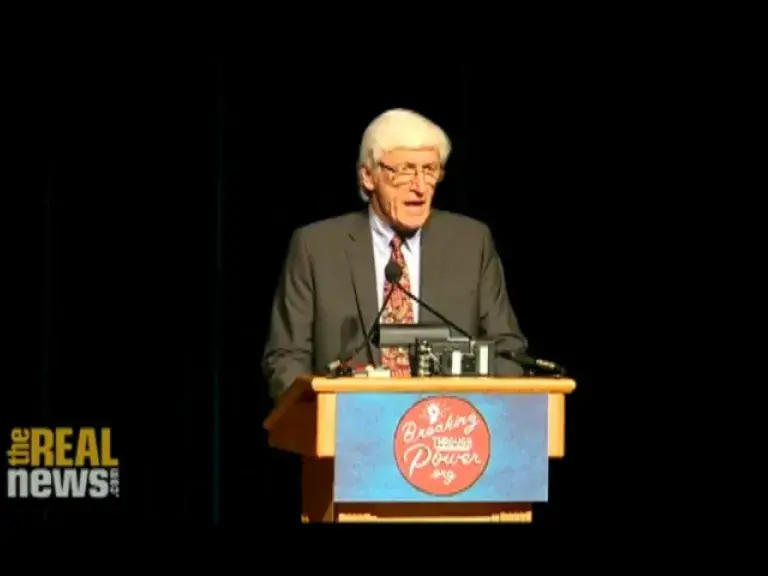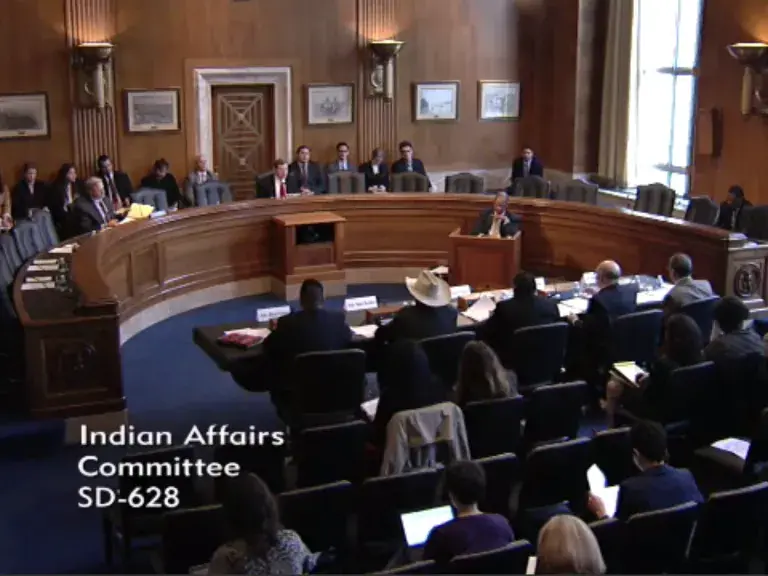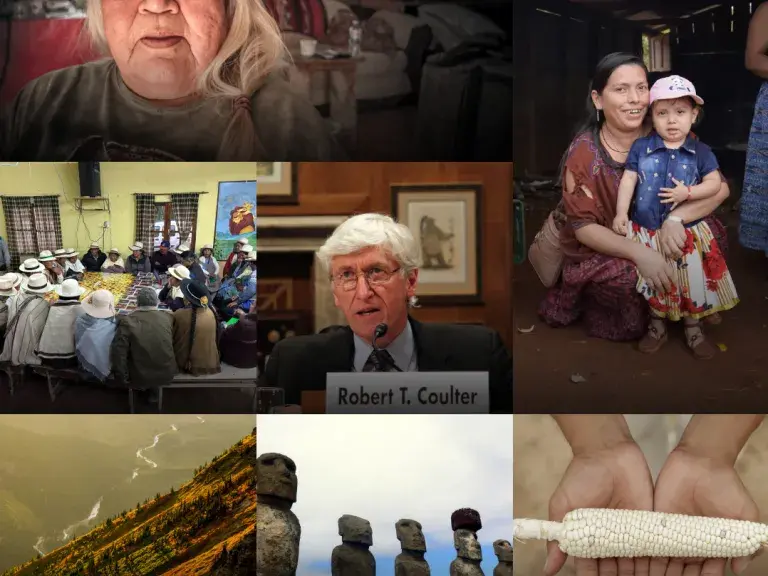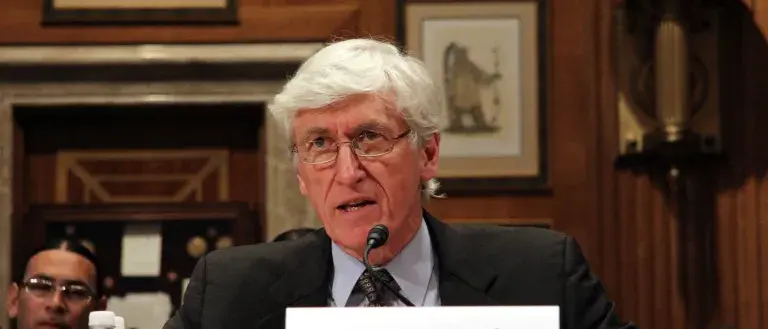
Changing the unjust and unworkable legal framework applied to Native tribes is the core of our work in the United States. Indian and Alaska Native nations live under a system of federal law that is unconstitutional, obsolete, and so deeply flawed that it makes it all but impossible for Native nations to improve their economic and social conditions.
Clarifying and improving current federal Indian law is absolutely necessary for Indian nations to gain meaningful control of their lands and improve their economic and social well-being. Tribes could solve their own problems if they had a genuine opportunity and if the law applied to them were reasonably fair and consistent with the Constitution.
The United Nations Declaration on the Rights of Indigenous Peoples, which we helped to win, has encouraged many Indian nations to seek long-needed changes using the Declaration as an agenda for change.
Uncovering the Links Between Law Reform and Poverty Reduction
We are eager to find ways to examine and document the connection between the legal impediments to tribes’ sovereignty and development and the persistent poverty in Indian communities to strengthen our arguments on the need for changing federal Indian law.
Native Land Law
Our ground-breaking book, Native Land Law: General Principles of Law Relating to Native Lands and Resources, identifies the major failures of federal Indian law and sets forth 17 general principles of law that would clarify or remedy these failures. The book describes the major elements of law that would make up a new framework of law that is consistent with the United States Constitution and the UN Declaration on the Rights of Indigenous Peoples. The book provides a blueprint for possible legal reforms as well as the scholarly analysis and legal justification for these changes.
Challenging the Plenary Power Rule: The Battle of the Timbisha Shoshone Tribe
The Timbisha Shoshone Tribe, based in Death Valley California, is among those Indian nations enduring an especially long and nasty fight in its dealings with the United States and Bureau of Indian Affairs (BIA) – a 165-year long battle.
Mohawk Nation Land Rights and the Right to Equality Before the Law
For more than a generation, we have carried on a suit to help the Mohawks recover ownership of thier lands. We are doing it both to benefit the Mohawk Nation to demand that laws benefitting Indians be enforced by the courts and that the courts accord Indian nations equality before the law.
